Fairtrade 101: Everything You Need to Know Before Buying
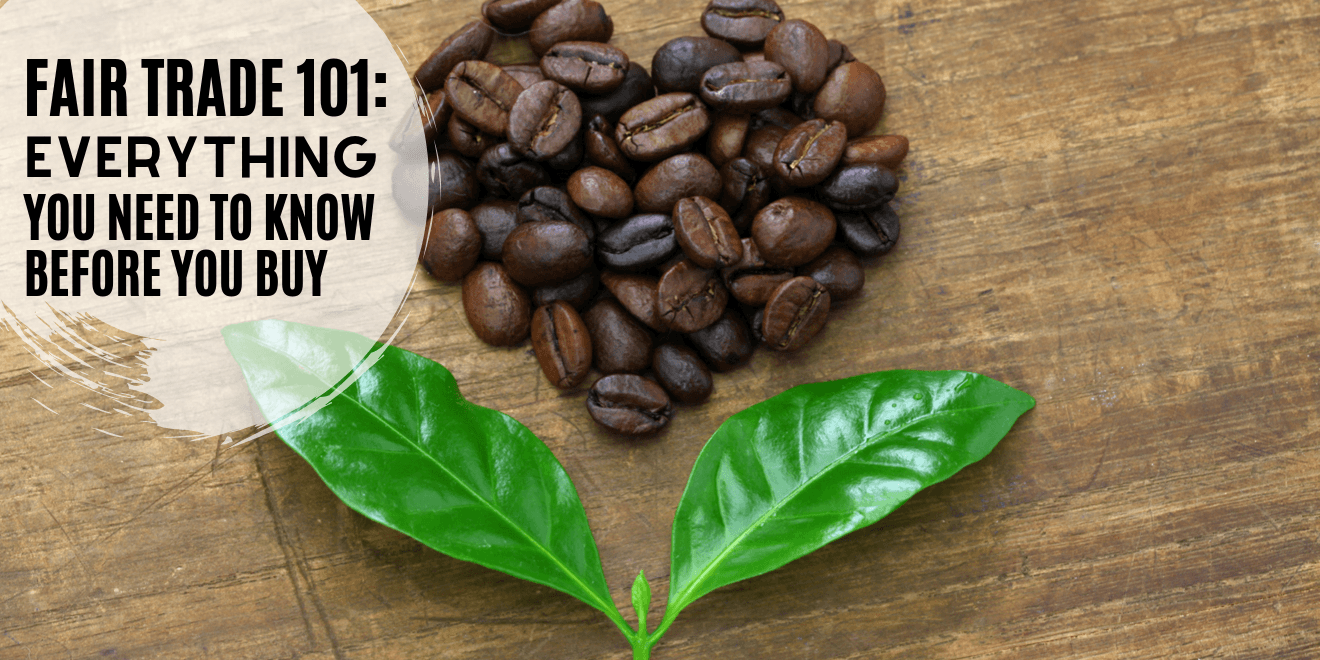
Our society may finally be moving towards a more sustainable and a more, dare I say positive, way of life.
Now that we’re slowly becoming aware just how bad we are for the planet and ourselves, and how much damage we’ve already done, it’s up to our generation to try and remedy things.
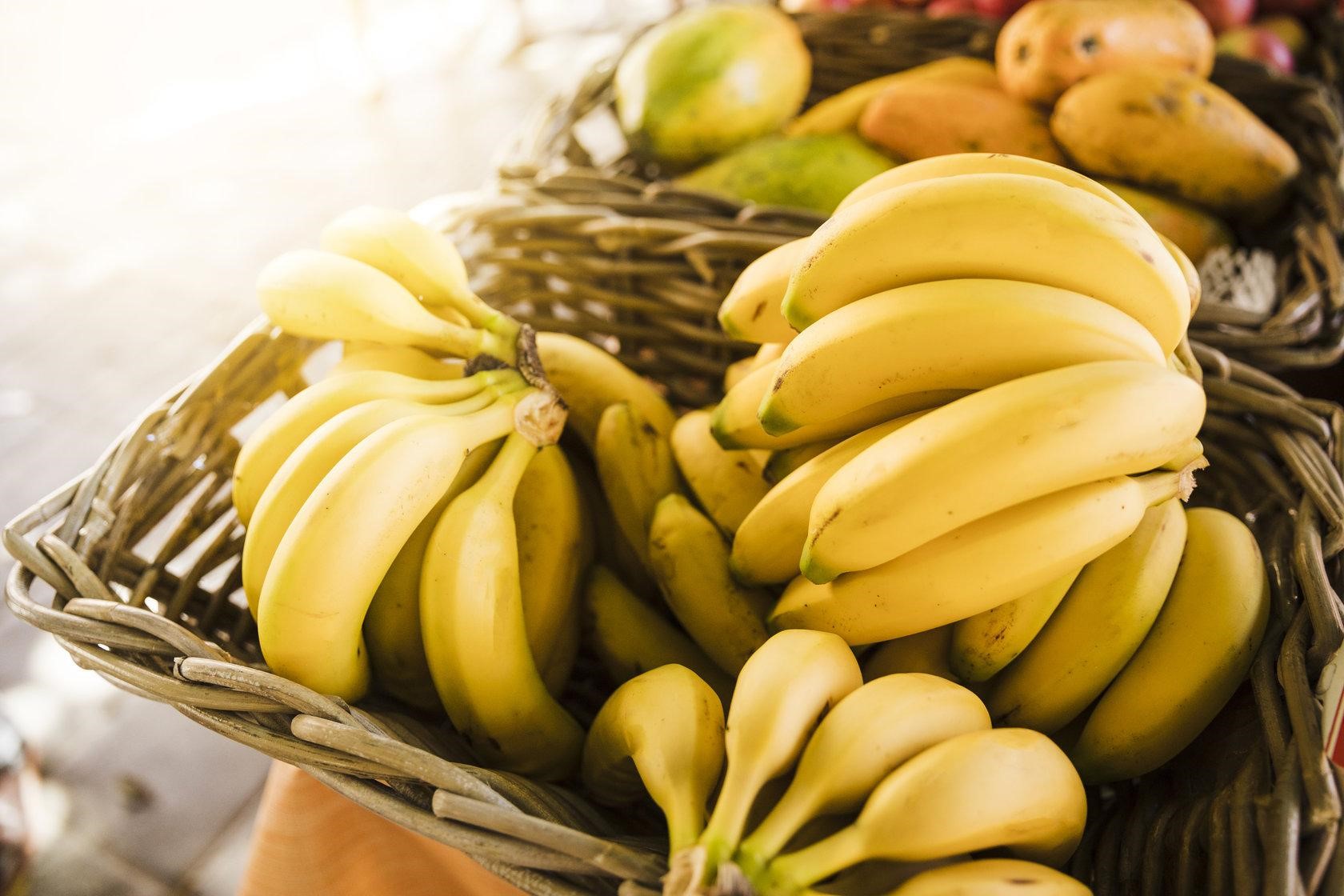
We try to do the simple things: eat more organic produce , limit our consumption of meat and dairy, buy less plastic, carry shopping bags in our pockets, walk rather than drive, and so on.
Another term we come across in our quest for sustainability is fair trade.
In this post, we’ll be tackling what the term stands for and what we need to know about the project before we choose to buy fair trade groceries.
Stick around and find out with us.
A lot of people use the words ‘fair trade’ without knowing what they mean. Some believe it is a poor way to set up farmers to fail; others find it a marketing gimmick made to extract more money from our pockets for very basic amenities. The online community has been taking fair trade apart like it does so many other innovations; so, let’s first agree on what it is, before we explore its benefits or harmful effects.
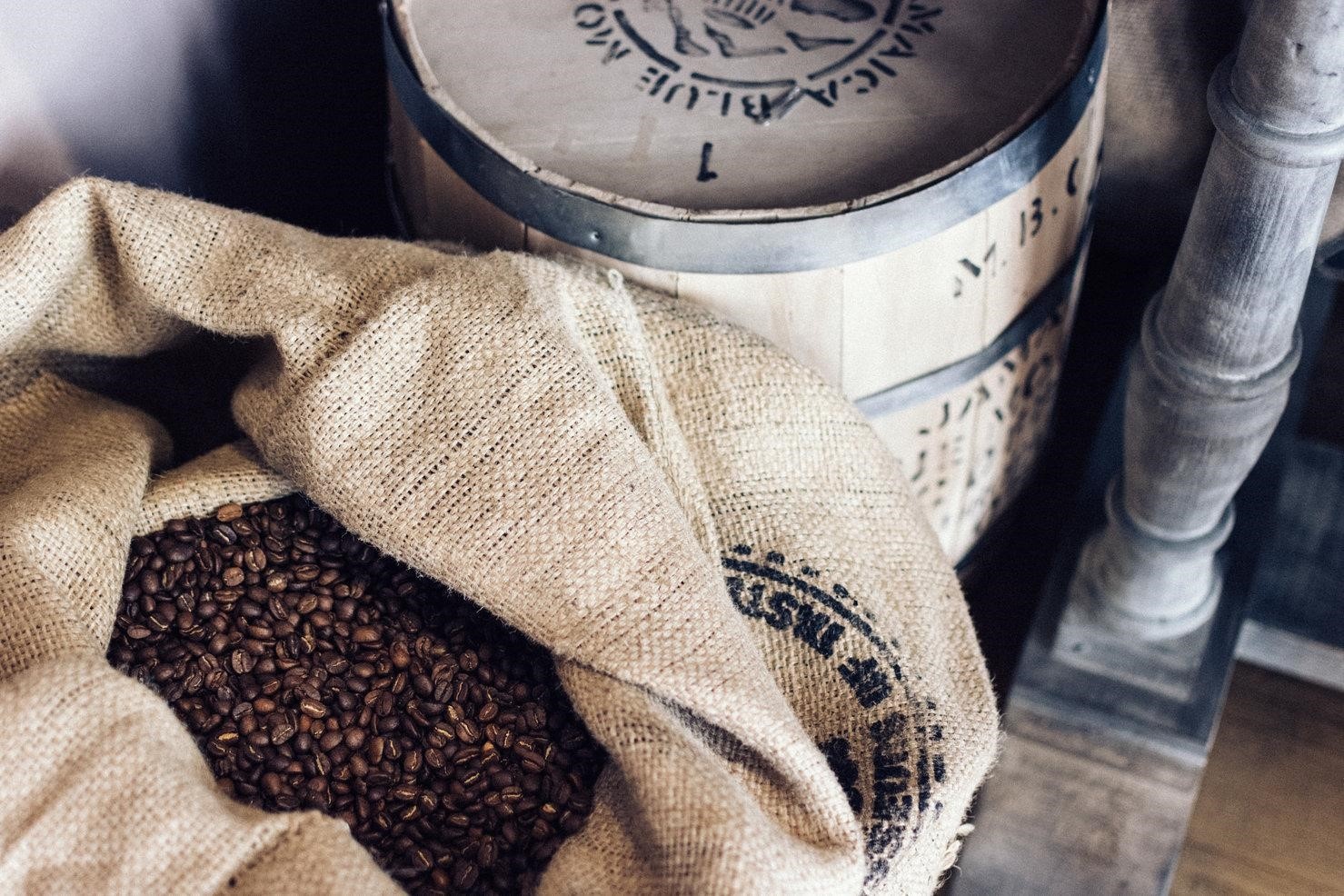
Fairtrade is aimed at helping farmers in developing countries access better trading conditions. It is an agreement between different parties, including farmers, resellers, buyers, etc.
The very basic principle is that the producers of certain goods are paid fair prices for their produce, allowing companies to provide a stable income to their workers. This can, in turn, improve their lives, the lives of their families, and slowly work on their society.
The aim is to help small farmers and producers by circumventing one of the major issues of food production: unfair trade prices.
Not anyone can get certified as a fair-trade manufacturer. In fact, Fairtrade only certifies small-scale farmer organizations, and only for certain types of products, like rice, coffee, cocoa or cotton. There are also certificates for plantations, like those growing tea or bananas. While these plantations are by no means small-scale and employ large numbers of workers, they are considered important for the fair-trade movement and have thus been included.
https://www.youtube.com/watch?v=o6pcJxFen8Y
Another important aspect of fair trade is something called the Fairtrade premium , which is aimed at benefiting the communities of these farmers, and not just them as individuals. The premium is a sum of money that is placed in a communal fund, and a council of workers and farmers who have been elected by the community use this fund as they see fit. This can be on improving the economic situation, living infrastructure, production infrastructure, etc.
Fairtrade is not only about empowering and protecting the farmer and producer. It wishes to protect our environment, as well as educate consumers on the choices they can make when buying their food.
In a nutshell, buying Fairtrade products is important because it’s your way of helping the farmer who has grown your, let’s say, coffee for the morning cup, live a better life.
When a company, organization, or union sells its product through Fairtrade, they are paid minimal Fairtrade wages. The minimum wage is guaranteed, and most importantly, it is enough to cover the expenses of laboring on the actual product.
If the market price of a certain product is higher, that is the price the farmer gets paid.
Farmers are also awarded the Fairtrade premium we’ve already mentioned, which allows them to raise the quality of the product even further, making it more desirable on the market.
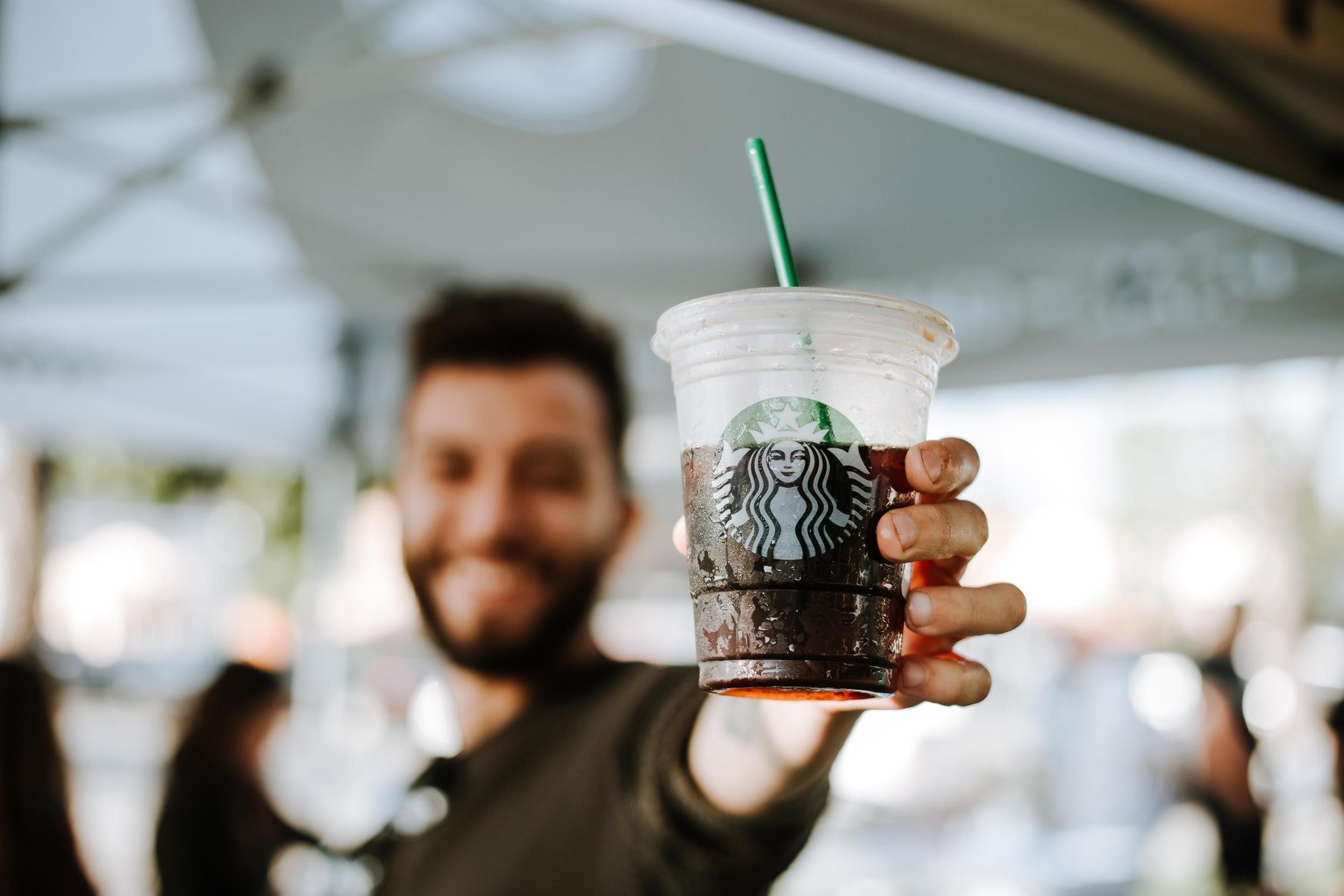
The Fairtrade Standards, which all parties participating in the trade must fulfill, mean fair wages are paid out on time – as opposed to a farmer having to wait months to get paid a price that is less than what he invested in the production of his goods.
Several high-impact brands are migrating to the use of Fairtrade products only, the most notable of which is Starbucks. McDonald’s and Cadbury’s are also making the same move.
As most people are still not familiar with the Fairtrade principles, there are several untruths circulating around the subject, which we are about to expose.
This is simply not true, and you can easily verify this yourself. As more and more chains and stores begin to stock Fairtrade products on their shelves, you can simply compare prices between these supposedly more expensive products, and your regular choices.
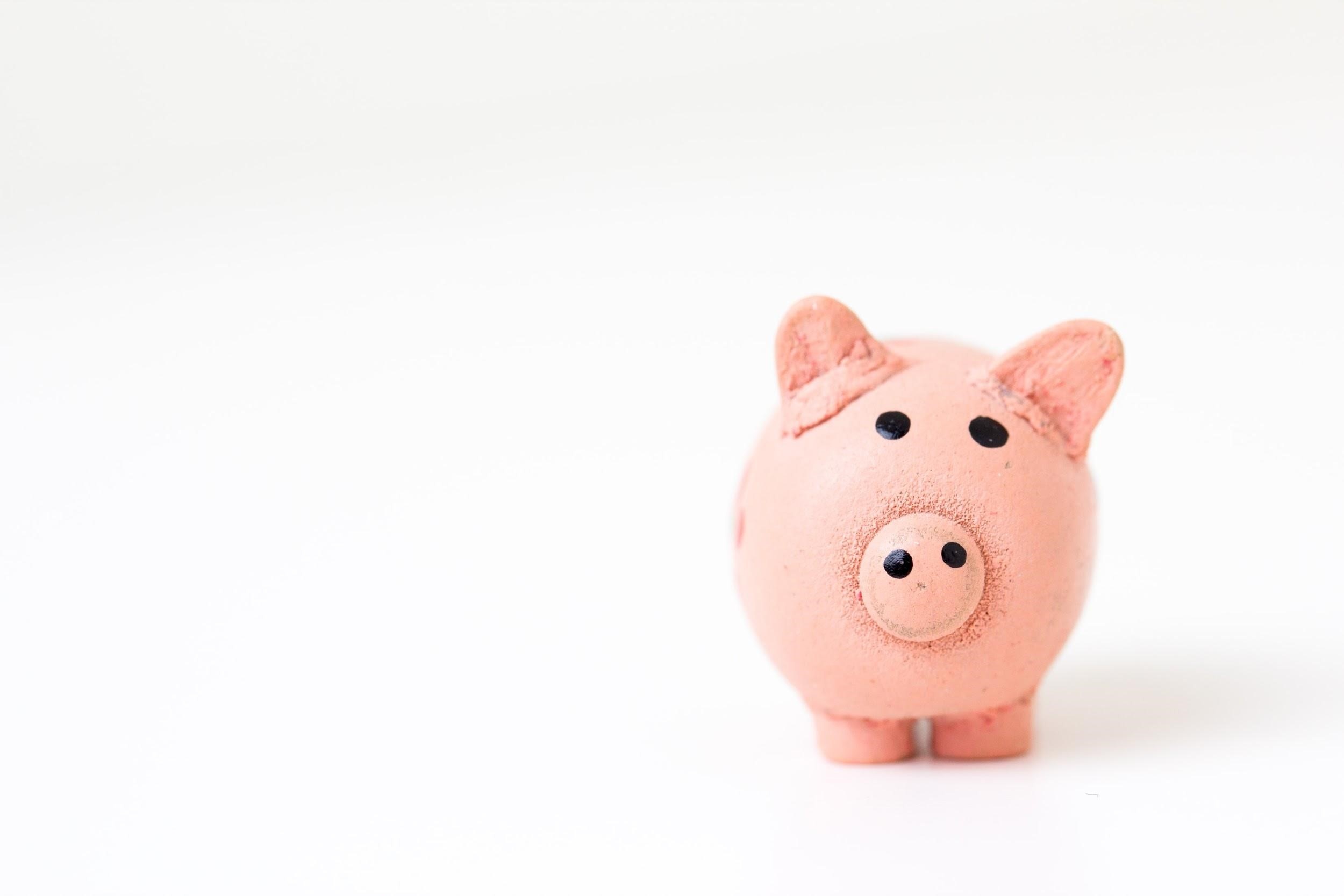
What you do need to account for are different levels of quality, which will always impact the price.
Every farmer, worker, and seller must adhere to certain standards if they want to label their products Fairtrade. These standards are protected by laws, and every breach is punishable under these same laws.
In other words, no, you can’t just stick a sticker on your bag of coffee and call it Fairtrade.
Probably the most prevalent myth about Fairtrade. Minimal wages and Fairtrade premiums are always paid out to the farmers who have grown certain produce, even if the market price is lower. This allows them the sense of security non-Fairtrade farmers lack, knowing they can focus on production, rather than the price they can get for their effort.
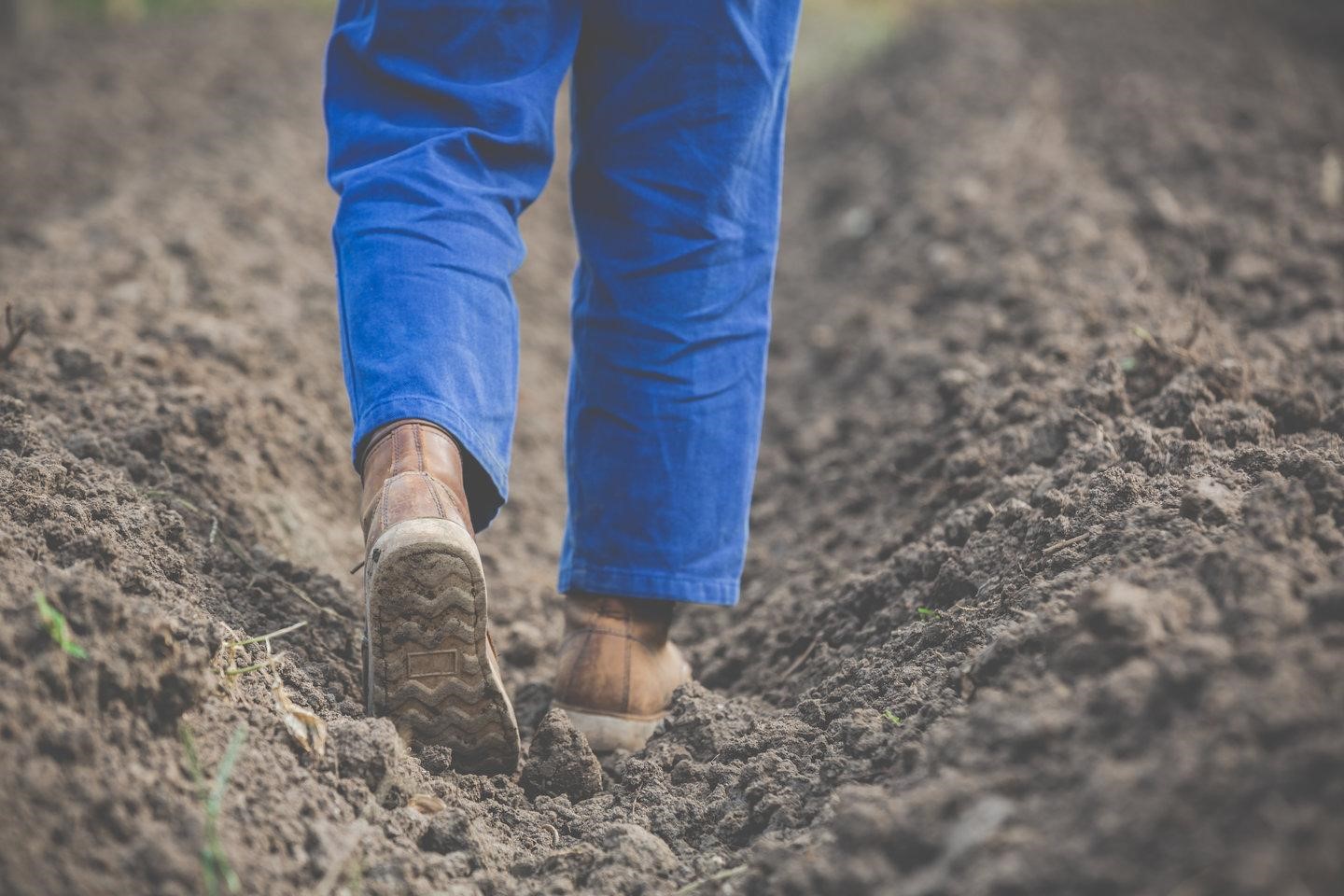
Fairtrade products of a better quality will have a higher minimum price – it’s that simple. Another important point to bear in mind: coffee producers are required to invest 25% of their incomes and premiums in their product, and improve their processes and productivity,
Why would they be? When you consider the produce grown under Fairtrade standards (rice, tea, coffee, bananas), there is nothing niche about them.
Fairtrade is all about empowering the poorest and most underprivileged communities across the globe to get better access to education and healthcare, improving the lives of entire communities at a time. If that is the definition of a niche product, we must not have the same dictionary.
Despite all the accumulated best intentions that lie behind the fair-trade movement, there are certain kinks that still need to be ironed out.
One of them is the process of certification itself.
If a producer network (which consists of individual farmers) applies for a Fairtrade certificate, it will be awarded to the network, and not the individual producers. This means that some of the products may be of lesser quality than others from the network.
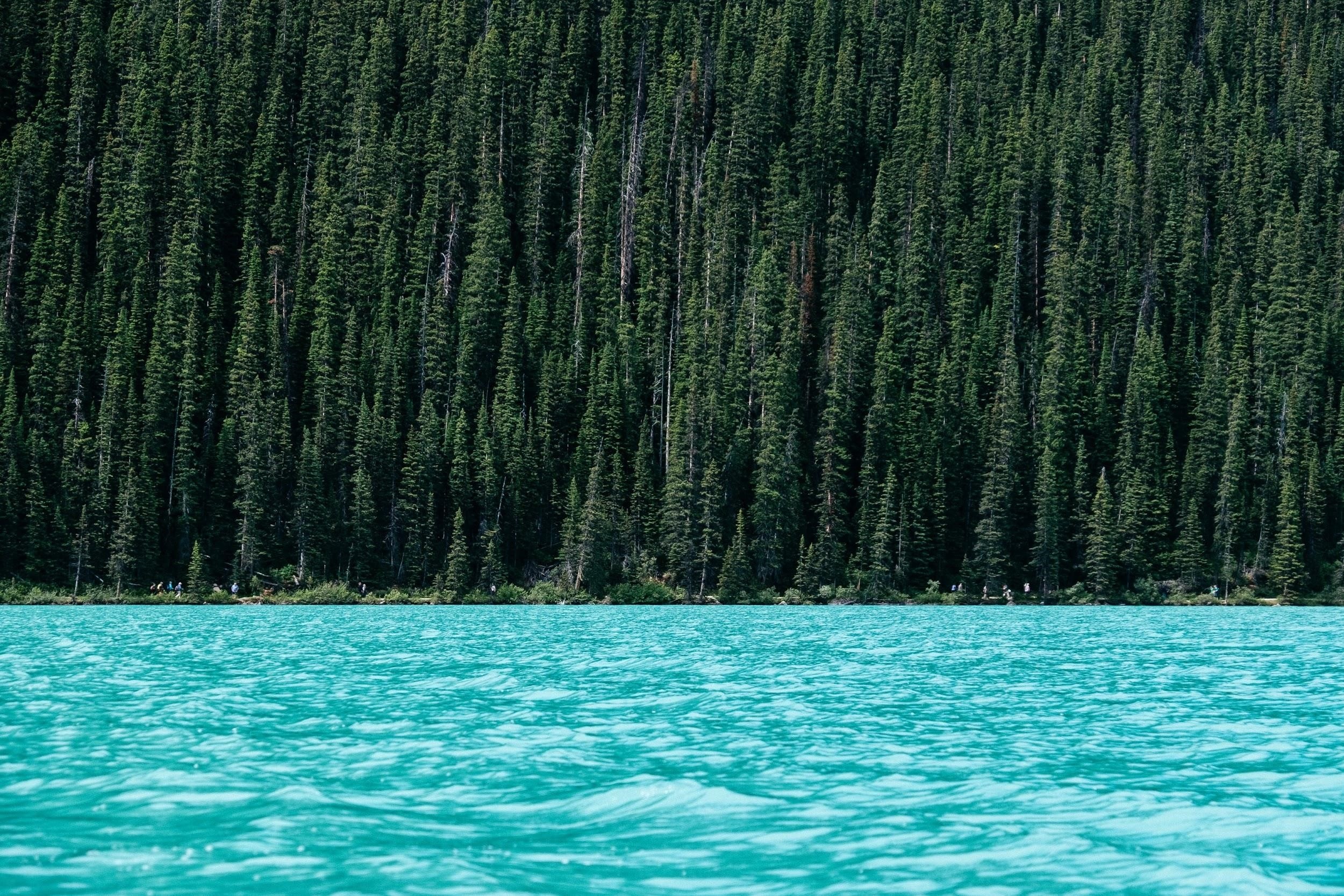
However, this shouldn’t prevent you from purchasing fair trade products and doing your bit for our society. Your best choice is always buying locally sourced fair-trade products. This ensures that the people feeding you get to live a better life, while also avoiding the environmental damage caused by transportation.
Naturally, this is not always possible, as certain products are only grown in remote and underprivileged parts of the world, making it hard for us to access them without difficulty.
If you are now asking yourself how you can help and make the world a better place, my simple answer is this:
Learn more.
Educate yourself on the principles of fair trade, but don’t stop there. The more you know about where your food comes from, the better equipped you will be to make choices that are not only good for you but also good for the environment and the farmer.
Buy from local producers as much as you can. Buy produce in season and only in the amounts you need. Overbuying leads to overproduction, which does nothing but depletes our resources.
Buy from small companies , rather than large chains.
After all, you may not feel all that connected to the planet that’s feeding you, but if you don’t do your bit to save it, and let it die, you won’t have a prayer in the world.
Now that we’re slowly becoming aware just how bad we are for the planet and ourselves, and how much damage we’ve already done, it’s up to our generation to try and remedy things.

We try to do the simple things: eat more organic produce , limit our consumption of meat and dairy, buy less plastic, carry shopping bags in our pockets, walk rather than drive, and so on.
Another term we come across in our quest for sustainability is fair trade.
In this post, we’ll be tackling what the term stands for and what we need to know about the project before we choose to buy fair trade groceries.
Stick around and find out with us.
What is fair trade?
A lot of people use the words ‘fair trade’ without knowing what they mean. Some believe it is a poor way to set up farmers to fail; others find it a marketing gimmick made to extract more money from our pockets for very basic amenities. The online community has been taking fair trade apart like it does so many other innovations; so, let’s first agree on what it is, before we explore its benefits or harmful effects.

Fairtrade is aimed at helping farmers in developing countries access better trading conditions. It is an agreement between different parties, including farmers, resellers, buyers, etc.
The very basic principle is that the producers of certain goods are paid fair prices for their produce, allowing companies to provide a stable income to their workers. This can, in turn, improve their lives, the lives of their families, and slowly work on their society.
The aim is to help small farmers and producers by circumventing one of the major issues of food production: unfair trade prices.
Not anyone can get certified as a fair-trade manufacturer. In fact, Fairtrade only certifies small-scale farmer organizations, and only for certain types of products, like rice, coffee, cocoa or cotton. There are also certificates for plantations, like those growing tea or bananas. While these plantations are by no means small-scale and employ large numbers of workers, they are considered important for the fair-trade movement and have thus been included.
https://www.youtube.com/watch?v=o6pcJxFen8Y
Another important aspect of fair trade is something called the Fairtrade premium , which is aimed at benefiting the communities of these farmers, and not just them as individuals. The premium is a sum of money that is placed in a communal fund, and a council of workers and farmers who have been elected by the community use this fund as they see fit. This can be on improving the economic situation, living infrastructure, production infrastructure, etc.
Fairtrade is not only about empowering and protecting the farmer and producer. It wishes to protect our environment, as well as educate consumers on the choices they can make when buying their food.
In a nutshell, buying Fairtrade products is important because it’s your way of helping the farmer who has grown your, let’s say, coffee for the morning cup, live a better life.
How does Fairtrade work?
When a company, organization, or union sells its product through Fairtrade, they are paid minimal Fairtrade wages. The minimum wage is guaranteed, and most importantly, it is enough to cover the expenses of laboring on the actual product.
If the market price of a certain product is higher, that is the price the farmer gets paid.
Farmers are also awarded the Fairtrade premium we’ve already mentioned, which allows them to raise the quality of the product even further, making it more desirable on the market.

The Fairtrade Standards, which all parties participating in the trade must fulfill, mean fair wages are paid out on time – as opposed to a farmer having to wait months to get paid a price that is less than what he invested in the production of his goods.
There are over 5000 Fairtrade products on the market at the moment, the most popular of which is coffee.
Several high-impact brands are migrating to the use of Fairtrade products only, the most notable of which is Starbucks. McDonald’s and Cadbury’s are also making the same move.
Fairtrade myths that need debunking
As most people are still not familiar with the Fairtrade principles, there are several untruths circulating around the subject, which we are about to expose.
1 – Fairtrade products are more expensive
This is simply not true, and you can easily verify this yourself. As more and more chains and stores begin to stock Fairtrade products on their shelves, you can simply compare prices between these supposedly more expensive products, and your regular choices.

What you do need to account for are different levels of quality, which will always impact the price.
2 – Anyone can get a Fairtrade certificate
Every farmer, worker, and seller must adhere to certain standards if they want to label their products Fairtrade. These standards are protected by laws, and every breach is punishable under these same laws.
In other words, no, you can’t just stick a sticker on your bag of coffee and call it Fairtrade.
3 – Farmers don’t get paid well
Probably the most prevalent myth about Fairtrade. Minimal wages and Fairtrade premiums are always paid out to the farmers who have grown certain produce, even if the market price is lower. This allows them the sense of security non-Fairtrade farmers lack, knowing they can focus on production, rather than the price they can get for their effort.

4 – Fairtrade products are of lesser quality
Fairtrade products of a better quality will have a higher minimum price – it’s that simple. Another important point to bear in mind: coffee producers are required to invest 25% of their incomes and premiums in their product, and improve their processes and productivity,
5 – Fairtrade products are niche products
Why would they be? When you consider the produce grown under Fairtrade standards (rice, tea, coffee, bananas), there is nothing niche about them.
Fairtrade is all about empowering the poorest and most underprivileged communities across the globe to get better access to education and healthcare, improving the lives of entire communities at a time. If that is the definition of a niche product, we must not have the same dictionary.
Challenges faced by Fairtrade
Despite all the accumulated best intentions that lie behind the fair-trade movement, there are certain kinks that still need to be ironed out.
One of them is the process of certification itself.
If a producer network (which consists of individual farmers) applies for a Fairtrade certificate, it will be awarded to the network, and not the individual producers. This means that some of the products may be of lesser quality than others from the network.

However, this shouldn’t prevent you from purchasing fair trade products and doing your bit for our society. Your best choice is always buying locally sourced fair-trade products. This ensures that the people feeding you get to live a better life, while also avoiding the environmental damage caused by transportation.
Naturally, this is not always possible, as certain products are only grown in remote and underprivileged parts of the world, making it hard for us to access them without difficulty.
Do your bit
If you are now asking yourself how you can help and make the world a better place, my simple answer is this:
Learn more.
Educate yourself on the principles of fair trade, but don’t stop there. The more you know about where your food comes from, the better equipped you will be to make choices that are not only good for you but also good for the environment and the farmer.
Buy from local producers as much as you can. Buy produce in season and only in the amounts you need. Overbuying leads to overproduction, which does nothing but depletes our resources.
Buy from small companies , rather than large chains.
After all, you may not feel all that connected to the planet that’s feeding you, but if you don’t do your bit to save it, and let it die, you won’t have a prayer in the world.




































































































